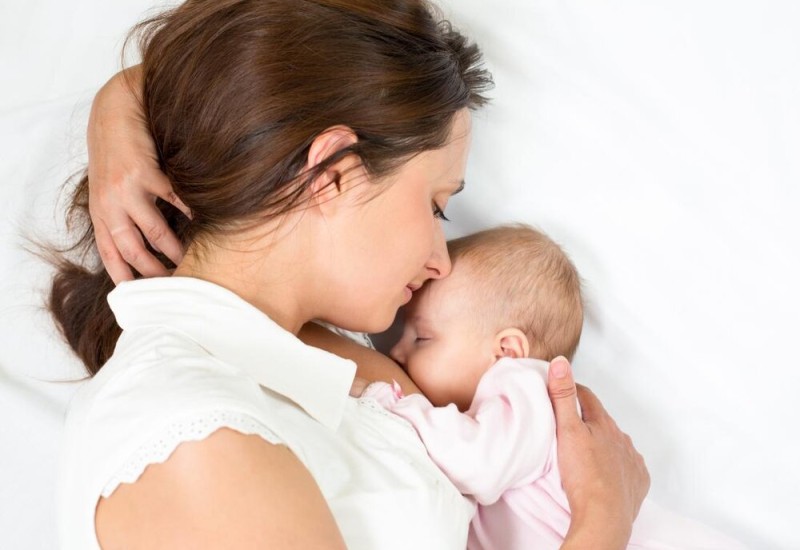
Specializations
Pregnancy and post pregnancy care

Pregnancy and Post Pregnancy Care
During pregnancy and post-pregnancy, it is very important to take proper care of yourself. To do this, there are some things you should know. Some of them are related to the health of your baby, while others deal with your own health. For example, if you have high blood pressure, you should avoid taking certain foods or drinks. You should also be aware of the side effects of some medications. Besides, there are certain things you should not do during pregnancy and after-pregnancy.
Being a mother herself, Dr. Bhumika knows the preciousness of being pregnant. She recognizes that every individual and every pregnancy are different, and understands the challenges associated with them. This is the reason she customizes treatment plan and options for every pregnancy to meet their needs, to ensure the best outcome possible. Healthy mother and healthy baby is her goal.
For any pregnancy and post pregnancy care in Noida, consult Dr. Bhumika at Niraamaya Clinic.
Complications
Complications of pregnancy and post-pregnancy care are important to the health of the mother and baby. Pregnancy and post-pregnancy complications may be very serious and can result in a life-threatening illness or even death.
A pregnancy complication is any health problem that arises during or after a pregnancy. Most pregnancy and post-pregnancy complications can be treated if they are diagnosed early.
Some of the most common pregnancy and post-pregnancy complications include preeclampsia, gestational diabetes, eclampsia, hyperemesis gravidarum, hypertension, congenital heart defects, birth defects, and pulmonary edema.
The symptoms of these conditions vary but they are very serious. You should consult your doctor for proper treatment and monitoring.
In cases of severe edema, the condition can cause high blood pressure, dizziness, headache, blurry vision, and low urine output. Your health care provider may recommend medicine to lower your blood pressure and monitor your vital signs.
If you are pregnant and experiencing any of these symptoms, you should seek medical attention immediately. These symptoms can be caused by an infection, retained placenta, or other medical conditions. It is always important to be honest with your physician.
Pregnant women should have regular appointments with their doctors. Attending these appointments will allow your health care provider to detect pregnancy and post-pregnancy complications as they arise.
Medication
During pregnancy and after, a woman may have to take medicines. Some are safe, while others may cause harm to the baby. Fortunately, the good news is that there are a few things that you can do to make sure that your baby gets the best possible care.
If you are already pregnant, you may want to check with your doctor before using any new medicines. You can also talk to your health care provider about how to stop taking certain drugs. In general, you should never try to stop a medicine suddenly.
The most important thing to remember when it comes to medications is to make sure that you are not exposing your baby to something you wouldn't want him or her to have. That means not using substances with an X category, such as marijuana or cocaine, during pregnancy.
Foods to avoid
During pregnancy, you need to eat a healthy diet and avoid certain foods. Some foods can be harmful for your unborn baby or put your baby at risk. Pregnant women also need to get enough vitamins, minerals, and proteins. The right amount of fat is important, too. You can find more information about safe food for pregnant women on the Centers for Disease Control and Prevention website.
Pregnant women should not eat raw fish, meat, or eggs. These foods can be contaminated with harmful bacteria such as salmonella, listeria, or toxoplasmosis. They can cause a variety of health problems, including a miscarriage or birth defect.
Pregnant women should limit their consumption of alcohol, caffeine, and processed foods. Caffeine can increase the risk of miscarriage and low birth weight. Alcohol can also harm the baby and lead to fetal alcohol syndrome.
If you have any cravings, talk to your doctor about it. He or she can suggest safe foods for you. It is also a good idea to eat vegetables and fruit regularly. Fruits and vegetables contain nutrients that are necessary for a developing baby.
Pregnant women need to avoid eating foods that have high levels of mercury. Mercury can damage the nervous system of the fetus. However, you can consume some fish that contains omega-3 fatty acids.
Food is very important in both pregnancy and post pregnancy care.
Skin care
During pregnancy and post-pregnancy, your skin will go through a variety of changes. It is essential to care for your skin during this time to ensure that it stays healthy and radiant. In addition, you may want to avoid certain activities that could be harmful to your baby.
Pregnancy can also lead to dry skin. You will need to maintain a moisturizer that provides your skin with the nutrients it needs. Also, you will need to avoid long, hot baths and harsh soaps.
Using the right products can help you restore your glowing skin. Some products will even allow you to reverse unwanted pregnancy skin changes.
